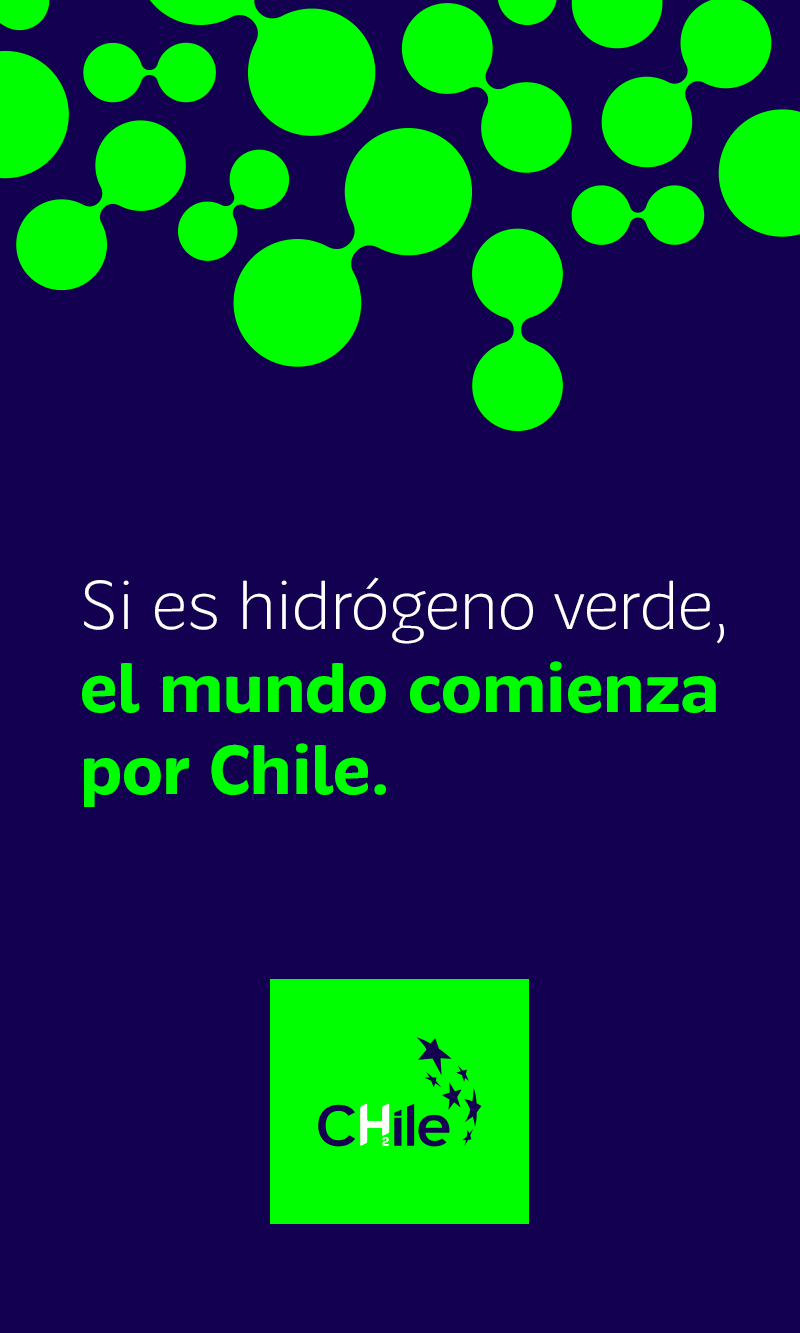Chile’s National Council of Science, Technology, Knowledge, and Innovation for Development (CTCI) presented the “Chile creating future” document as part of a preemptive exercise. The proposals, made by more than 100 experts, will provide an input for the design of public policies and the 2024 budget discussion, in response to the global challenges that must be addressed by 2050.
The National Council of Science, Technology, Knowledge, and Innovation for Development (CTCI) has prepared a document titled “Chile creating future,” which provides a range of proposals related to the challenges and opportunities that the country must address by 2050. The report was produced by a multidisciplinary team of 104 experts, including researchers, business leaders, civil society representatives, opinion leaders, and academics, around four key themes: digital revolution, biological revolution, crisis of democracy, and sustainability of life on the planet.
Following six months of work, the CTCI presented its final report, which will provide an input for the development of future public policies and the 2024 budget discussion. The recommendations contained in the report include promoting critical thinking, the creation of and unified access to data banks, incorporating local governments in the reduction of digital gaps, and promoting collaboration between the public and private sectors to boost sustainable development.
“Rather than generating a comprehensive assessment of the current situation, we have attempted to trigger a reflection on the future, considering two major transformational forces arising from scientific and technological progress, such as the digital and biological revolution, and two global concerns: the crisis of democracy and sustainability of life on the planet,” said CTCI President, Silvia Díaz, during the presentation of the document at Chile’s National Museum of Natural History.
Along the same lines, in discussions with the Image of Chile Foundation, Minister of Science, Technology, Knowledge, and Innovation, Aisén Etcheverry, highlighted the importance of a long-term perspective to prepare the country and improve its development prospects. “For those of us who are government ministers, the ‘Chile creating future’ project is an excellent tool to prioritize and design public policies on highly complex issues, such as strengthening democracy, diversity, and sustainable growth. These are all global trends that have a major impact on us,” said Etcheverry.
José Miguel Benavente, Executive Vice-President of Chilean economic development agency Corfo, highlighted the importance of this initiative led by the CTCI, and how it demonstrates Chile’s reliance on its institutional framework to address relevant long-term issues in a holistic way. He added that when delivering this document to the President of the Republic, he noted that public policies will be consistent with a long-term vision, demonstrating a strategy of continuity beyond the current administration. This shows the world that Chile takes these issues seriously, and considers them as a crucial part of its development, Benavente highlighted.
Similarly, Rosario Navarro, the new president of Chilean manufacturing industry association SOFOFA and a CTCI board member, expressed her pride in the council’s accomplishments. She also highlighted the importance of incorporating business leaders into this space for discussion and critical analysis, as achieving sustainable development will require the contribution of all stakeholders.
“I have formed part of the CTCI board since its creation, and I’m very proud of what we have achieved. Incorporating business leaders into this space for discussion and critical analysis is highly valuable, because sustainable development will require the collaboration of all these areas,” said Navarro.
Political sustainability
One of the key issues in the discussion was the crisis of democracy, characterized by populism, fake news, and institutional weakness. Javier Couso, a renowned constitutional lawyer and member of the Democracy Task Force, noted that “economic development and even the ability to manage environmental conflicts are inextricably linked to democracy. When democracy is vibrant and strong, we achieve what is known as ‘political sustainability.’”
“Chile stands out in the region, together with Uruguay and Costa Rica, for the strength of its constitutional and legal system. Although there are weaknesses, Chile is undoubtedly a country with a strong democracy that is thinking about the future,” said Couso.





